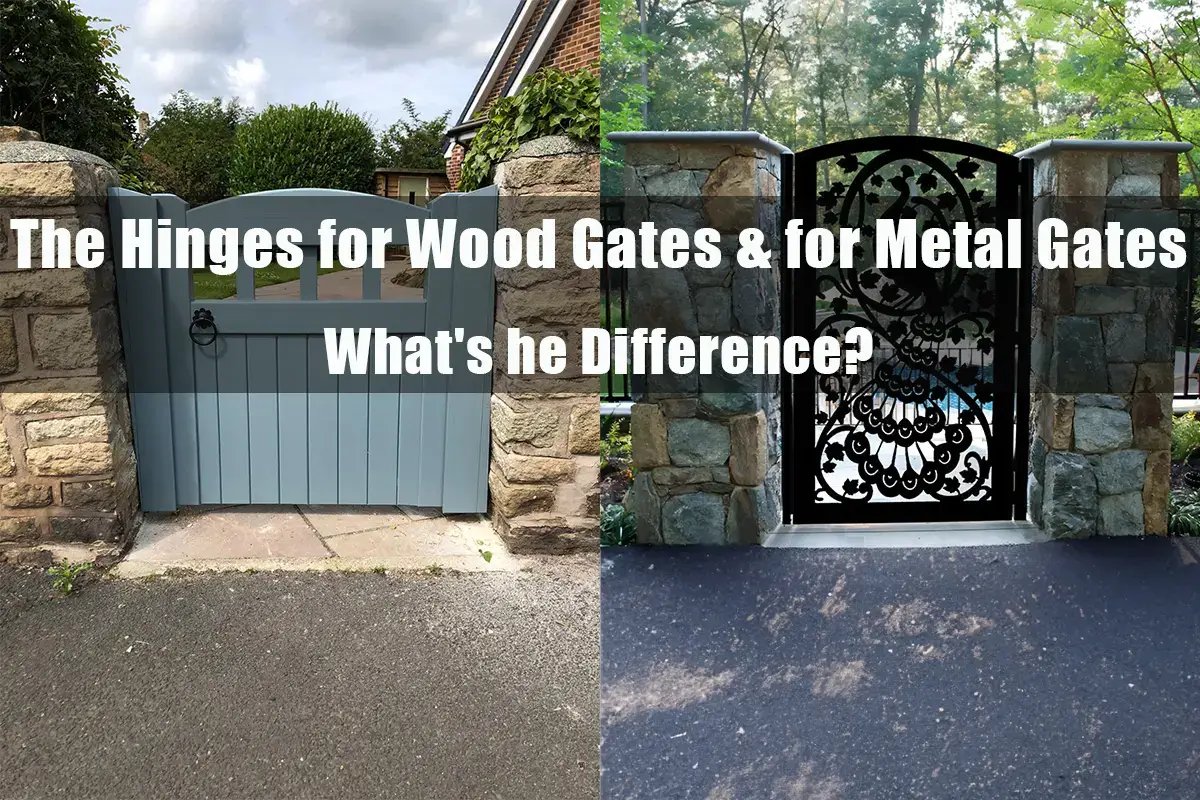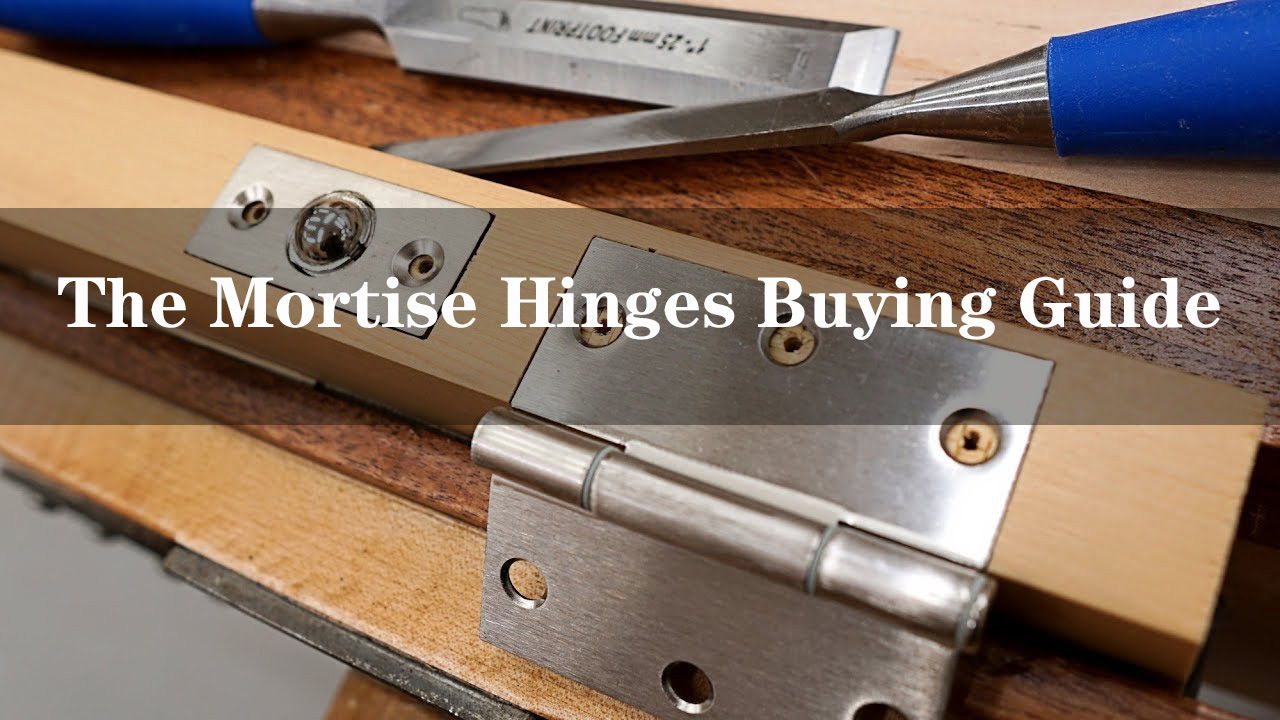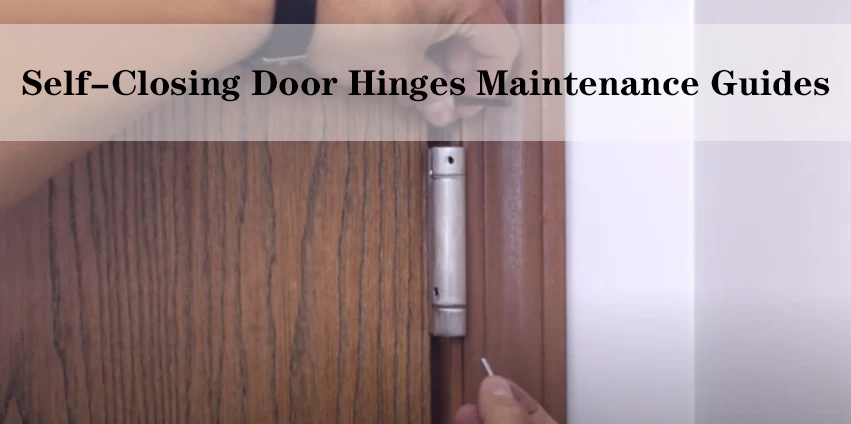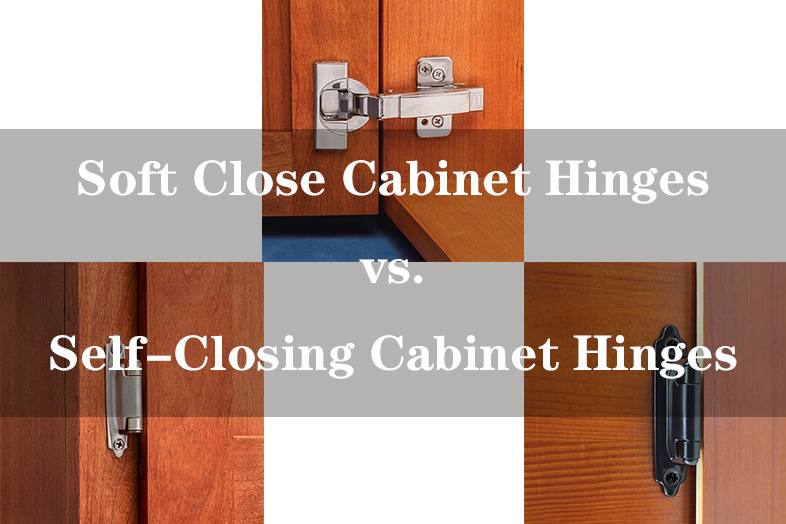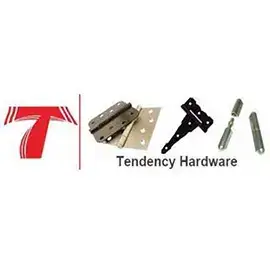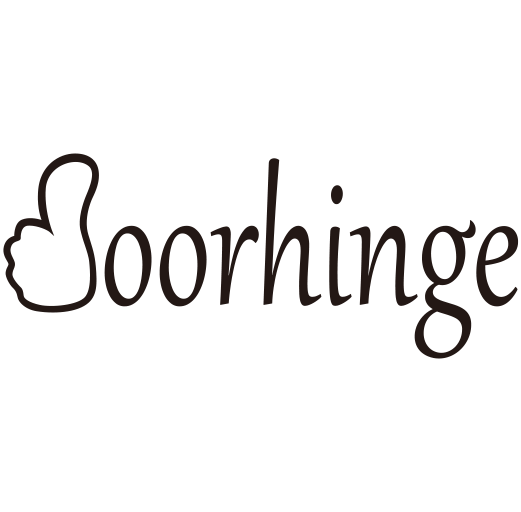In the intricate dance of home and garden design, even the most seemingly minor components play pivotal roles. Enter the humble gate hinge, a functional element that also serves as a quiet testament to the aesthetic inclinations of a homeowner. But when it’s time to choose between wood and metal gate hinges, what considerations come into play? Does one prioritize aesthetics, durability, or perhaps a blend of both? Join us as we traverse the path of decision-making, unraveling the art and science behind these two hinge materials.
Understanding Gate Hinges
Before diving into the specifics, let’s understand what gate hinges are and why they’re essential. A gate hinge is a mechanical bearing that connects two solid objects, typically allowing only a limited angle of rotation between them. In the context of gates, the type of hinge you choose can affect the gate’s strength, durability, design, and ease of use.
Wood Gate Hinges
Wood gate hinges are commonly used for wooden gates, offering a traditional and natural look. They blend well with wooden fences and are often preferred for their rustic charm. There are a few types of wood gate hinges to consider:

1. Wood Gate Hinges: A Symbiotic Blend with Nature
Largely preferred for wooden gates, wood gate hinges celebrate the beauty of nature and resonate seamlessly with wooden constructs. Here’s a more comprehensive look at popular wooden gate hinge types:
Strap Hinges: Evocative of belts, these hinges gracefully mount on the gate’s surface, making them the go-to choice for weightier wooden barriers. Their design often evokes bygone eras, lending an authentic rustic allure.
T-Hinges: Aptly named for their distinctive “T” shape, these hinges are precision-engineered for gates that swing singularly in one direction. Their design simplicity makes installation a breeze, rendering them perfect for medium-sized gates.
2. Features of Hinges for Wood Gates
Harmonious Aesthetics: Hinges tailored for wood gates effortlessly meld with the natural grains and textures of wooden structures, elevating the gate’s inherent visual appeal.
Emanation of Rustic Elegance: The hinges resonate with the innate warmth and traditional aesthetics of wood, rendering them an ideal choice for settings that exude timeless charm.
Weight Adaptability: The diversity within hinges designed for wood gates allows for accommodating an array of gate weights, ensuring optimal functionality.
3. Materials and Construction
These hinges are meticulously crafted to complement the inherent textures and tones of wooden gates.
Often constructed from durable materials like steel, ensuring their longevity and resilience against varying weather conditions.
Emphasis on aesthetics is maintained through finishes that harmonize with wood’s natural allure.
4. Usage Scenarios
Ideal for wooden gates due to their ability to blend seamlessly with the natural aesthetics of wood.
Particularly suitable for gates that require an infusion of rustic charm or those that demand a touch of tradition.
5. Aesthetics
Harmonize with wood’s inherent warmth, enhancing the gate’s natural appeal.
Ideal for gates that require a cohesive, natural appearance, creating an inviting entry point.
6. Benefits
Aesthetically Pleasing: Enhance the gate’s organic charm, elevating the overall visual appeal.
Tradition Meets Functionality: Blend seamlessly with classic designs while ensuring reliable functionality.
Weight Compatibility: Offer options catering to gates of varying weights, ensuring seamless operation.
Metal Gate Hinges
Navigating the realm of metal gates necessitates hinges that underscore robustness and reliability. The scope of these hinges extends beyond metal gates, encompassing wood gates as well. Delve into the primary types that constitute this category:
1. Metal Gate Hinges: The Fusion of Strength and Aesthetics
Butt Hinges: Conceived as a straightforward amalgamation of two plates interconnected by a pin, butt hinges emerge as versatile solutions, seamlessly accommodating gates intended to swing in both directions.
Self-Closing Hinges: Aptly named, these hinges facilitate the automatic closure of the gate subsequent to being opened. By preventing the inadvertent leaving-open of the gate, they emerge as steadfast guardians of security.
2. Features of Hinges for Metal Gates
Fortified Endurance: Hinges that cater to metal gates exhibit a steadfastness that thrives even under the most demanding weather conditions, ensuring their steadfast performance over time.
Augmentation of Security: The inherent strength embedded within these hinges bolsters the safeguarding of your property, deterring any potential unauthorized intrusion.
Adaptability Across Material Spectrum: The adaptability inherent to hinges for metal gates equips them to seamlessly function across a spectrum of gate materials, reflecting their versatility.
3. Materials and Construction
Designed for both metal and wood gates, these hinges boast sturdiness and strength as core attributes.
Crafted from materials like stainless steel, ensuring resistance to corrosion and offering robust performance.
Construction prioritizes endurance, in line with the inherent demands of metal gates.
4. Usage Scenarios
Versatile solutions suitable for both metal and wooden gates, catering to a wide range of gate materials.
Excel in situations where durability and strength are paramount, regardless of the gate’s composition.
5. Aesthetics
Infuse a contemporary edge with their robust and minimalist designs.
Suit gates aiming to exude a modern and sleek appearance, complementing the gate’s aesthetics.
6. Benefits
Durability Redefined: Weather-resistant construction ensures longevity, even in challenging environments.
Enhanced Security: Their inherent strength adds an extra layer of protection to your property.
Versatile Adaptability: Equipped to accommodate gates of different materials, exhibiting remarkable versatility.
Enduring Style: Maintain a contemporary, clean look while providing robust support for your gate.
Choosing the Right Gate Hinges
When selecting hinges for your gate, keep these factors in mind:
Gate Material: Determine whether your gate is made of wood, metal, or another material.
Gate Size and Weight: Larger and heavier gates require hinges with sufficient load-bearing capacity.
Functionality: Consider whether you need hinges for gates that swing in both directions or self-closing hinges for added convenience.
Making the Right Choice: It’s All About Compatibility
When it comes down to it, the choice between wood gate hinges and metal gate hinges boils down to the type of gate you have and your personal preferences.
Wood Gate Hinges for the Win If…
You have a wooden gate.
You value that classic and rustic look.
You’re willing to do a bit of maintenance to prevent rust.
Metal Gate Hinges Shine If…
You’re dealing with a heavy metal gate.
Durability and low maintenance are top priorities.
You’re okay with a more industrial appearance.
Conclusion
The choice between hinges for wood gates and metal gates encompasses considerations of material, construction, usage scenarios, aesthetics, and benefits. Wood hinges offer a seamless fusion of aesthetics and functionality, while metal hinges underscore resilience and versatility. Ultimately, the selected hinges are the unsung heroes that harmonize with your gate’s essence, contributing to its visual charm, security, and longevity. Regular care ensures their continued optimal performance, ensuring your gate swings smoothly and securely.
